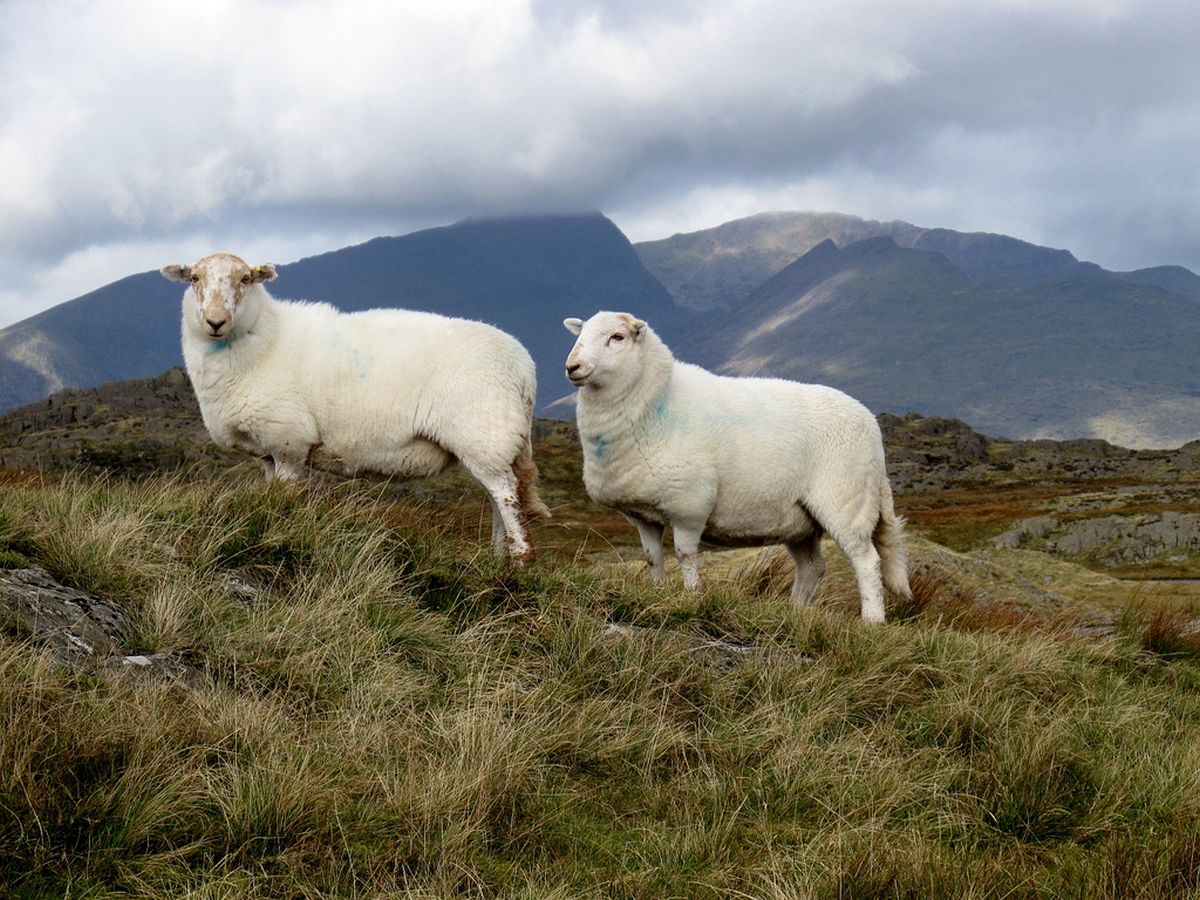
The Welsh red meat industry must show the “greatest resilience, agility and adaptability” in a likely volatile 12 months that will bring both new hope and new challenges.
That is the message of Meat Promotion Wales (Hybu Cig Cymru), an industry-led organisation responsible for the development, promotion and marketing of Welsh red meat.
Looking back to last December, Dai Davies, Chairman of Meat Promotion Wales recalled it was the year of the most 'dramatic political change in his career' and one that would shape the red meat industry and the Welsh way of life for decades to come.
In his final New Year message before retiring from his industry leadership role in April, Mr Davies reiterated his call for a “free and unfettered” trade deal to be negotiated with Europe as part of the Brexit settlement and for the future of the Welsh Lamb and Welsh Beef brands’ crucial Protected Geographical Designation (PGI) designation to be positively confirmed.
“I make no apologies for continuing to emphasise just how important European trade is to our industry or repeating the crucial message that Welsh Lamb, in particular, is very highly dependent on European exports” he said.
“Around a third of the Welsh lamb flock is consumed ‘tariff free’ inside the EU. It’s vital that any post-Brexit deal protects our access to these countries and doesn’t allow for more cheap imports to the UK market.”
'New, rugged industry'
The seismic political changes had created a need for a new, rugged industry resolve.
“This great industry will need to dig deep and forge a stronger unity that can bang the drum for its husbandry, welfare and excellence and confirm its credentials as the caretaker of communities, culture and climate change counteraction,” said Mr. Davies.
He praised the hard work and achievements of HCC and its high-quality producer and processor stakeholders that kept Welsh Lamb and Welsh Beef as globally recognised premium products.
“With very limited resources, certainly when compared to those of nearby competitors in England, HCC has regularly punched above its weight on a domestic and worldwide platform and I hope it continues to have the fullest backing from the industry and its partners in government to maintain the tremendous progress we have seen,” said Mr. Davies.
Fairer distribution of funds
He recalled that it was now a year since the red meat levy boards for Wales, England and Scotland had reached agreement on a fairer distribution of funds, and demanded that 2017 be the year when these proposals were put into action.
Mr Davies said that because of the way the industry is structured, about £1 million a year is 'unfairly lost' to Wales.
He said: “This is money that we and our stakeholders could use here in Wales to invest in and develop the industry in the post-Brexit climate, help farmers to produce cost-effectively and promote our premium home grown lamb, beef and pork products with the specialist talents that we have developed here at HCC and in Wales in recent years.
“If there’s one thing I would like to see achieved before I step down after six years as Chairman, it’s a levy system which is fair to Wales and the unqualified handing over of the lost £1m plus per year for us to spend strategically and cost effectively here, within Wales,” said Mr. Davies.
More efficient red meat sector
In conclusion, Mr. Davies noted the successes of the industry in the past twelve months, in developing new markets and new products, and in working towards a more efficient red meat sector which would benefit processors, farmers and the environment.
“We’re making very good progress in a number of areas,” reported Mr. Davies. “Over the past 12 months, we’ve seen increased commitment to home-produced meat in the multiple retail sector at home, as well as important growth in emerging markets such as Denmark, Canada and Hong Kong.
“HCC is also playing a leading role in the continuing improvements which we’re seeing in farmers producing meat to the processors’ specification, and in producing more efficiently – which has benefits both in terms of business profitability and helping to meet our responsibilities in terms of climate change,” Mr Davies concluded.
